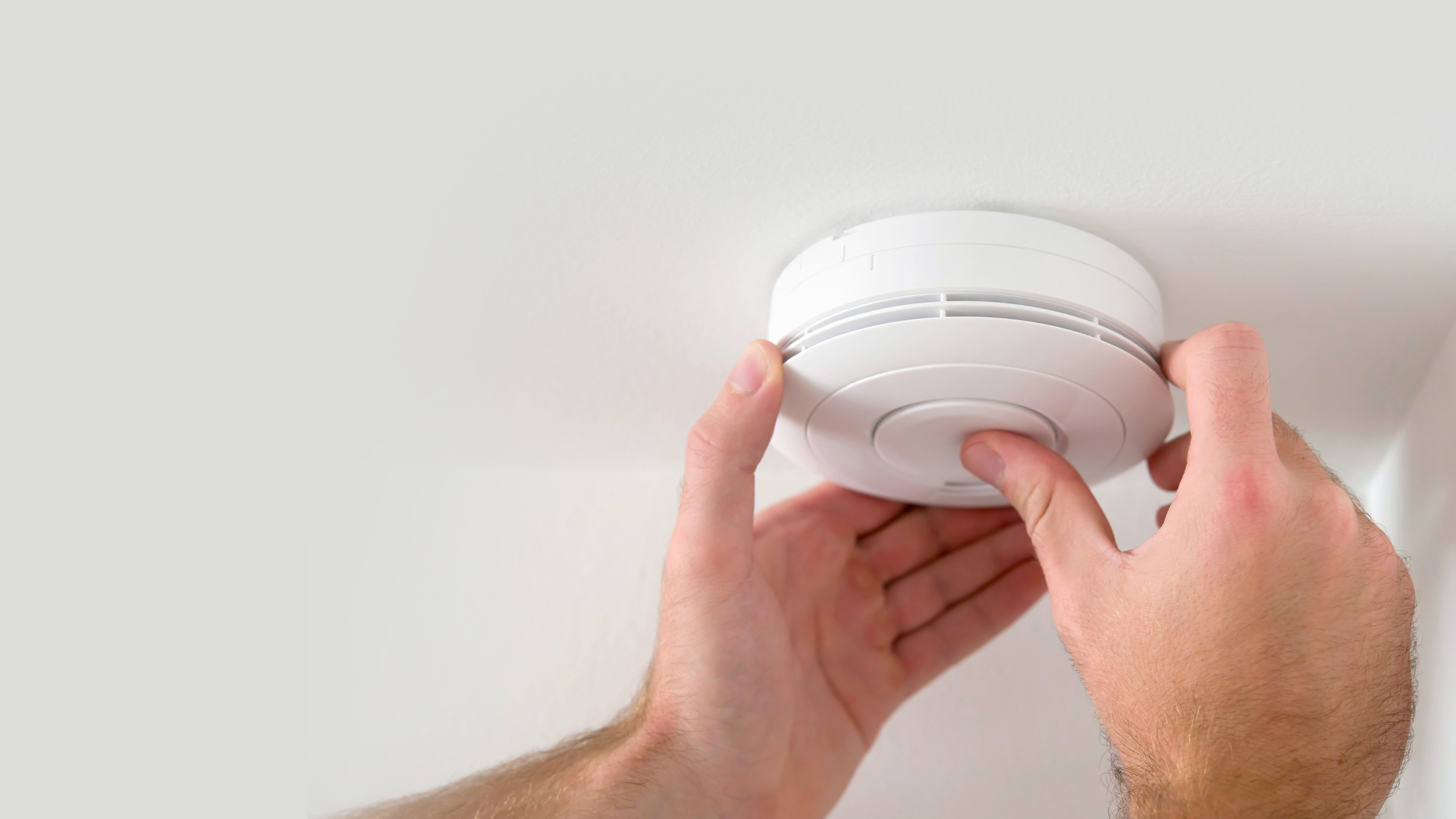October is Check Your Smoke Alarm month in the Fire Kills campaign, so HWFRS is urging people to test their smoke alarms.
Fire statistics show that 28 per cent of smoke alarms failed to operate in fires in 2020/21.
In England, there were 208 fire-related deaths in the home in the year ending March 2022.
The Fire Kills campaign hopes that by encouraging everyone to test their smoke alarms, more deaths could be prevented.
Despite the majority of homes (more than 90 per cent) having at least one working smoke alarm, smoke alarms only alerted householders to just one in every three fires in the home in England.
The most common reason a smoke alarm failed to activate was because the fire was outside its range. That’s why the Fire Kills campaign hopes that by encouraging everyone to test their smoke alarms, more deaths can be prevented.
However, one smoke alarm may not be enough to provide you with the best chance of escaping a fire in the home, say the latest fire statistics.
In our area, between 01/01/2012 and 31/12/2021, there were 6,139 fire incidents. These included 1,515 fires where a smoke alarm was not fitted – nearly a quarter of the total.
In 4,376 fires, a smoke alarm was fitted, in 2,635 incidents the alarm system operated and raised alarm, in 548 incidents the alarm system operated but did not raise alarm, and in 1,203 incidents an alarm system was present but did not operate, eg due to having no batteries.
Most people know a working smoke alarm can save lives by providing those vital few seconds needed to escape a house fire, but statistics show the most common reason a smoke alarm failed to activate was because the fire was outside its range.
Emma Roberts, Head of Prevention at HWFRS, said:
“You’re around eight times more likely to die in a fire if you don’t have any working smoke alarms. Making sure you have enough in your home and that they are working is vital to ensure you allow them to do their job if you need them.”
Emma added:
“Most of us now have at least one working smoke alarm in our home, but early detection and warning is critical to reduce the devastation from a fire.
“That’s why it’s so important that you have enough smoke alarms and that they are in the right places.
“I’d encourage people in Herefordshire and Worcestershire to make sure you test your smoke alarms today and get into the habit of testing them regularly, as they can save you and your family’s life. In the event of a fire, working smoke alarms will give you the valuable time to get out, stay out and call 999.”
She added:
“Ensure you have at least one working smoke alarm on every level of your home, preferably in hallways and landings. Placing smoke alarms near sleeping areas and in rooms where there are electrical appliances could give you the extra warning you need. And don’t forget smoke alarms don’t last forever.
“The power might work, but the mechanism deteriorates with time, so whether they are battery operated or wired to the mains, to work at their best they should be replaced every ten years.”
Keep these smoke alarm top tips in mind:
To help keep you and your loved ones safe, HWFRS offers these simple steps:
- test your smoke alarms now or when you get home
- fit smoke alarms on every level of your home and test them weekly, even if they’re wired into the mains
- the ceiling is the ideal position to fit them –- in the middle of a room or on a hallway or landing
- consider fitting additional alarms in other rooms where there are electrical appliances and near sleeping areas
- don’t put alarms in or near kitchens and bathrooms where smoke or steam can set them off by accident
- install a heat alarm in your kitchen
- whatever happens, never remove the batteries in your smoke alarms unless you are replacing them – some need batteries every year
- plan and practise an escape route and check everyone in your home knows it
- in the event of a fire: Get out, Stay out and Call 999
- test others smoke alarms if they can’t test their own
- replace your smoke alarms every ten years
Emma Roberts also urged carers and people who support less able or older relatives to check that these homes have enough smoke alarms in the right places.
She added:
“And finally, there is plenty of fire safety advice at .hwfire.org.uk/safety-and-advice/ and at www.hwfire.org.uk, and you can also contact our Prevention Team on 0800 032 1155 to see if you might qualify for a free Home Fire Safety visit.
“You can also complete a FREE online Home Fire Safety check now by following the link on our website. This easy-to-follow home fire safety check will take you through your home a room at a time – the simple questions will help you spot fire risks as you go around your home.
